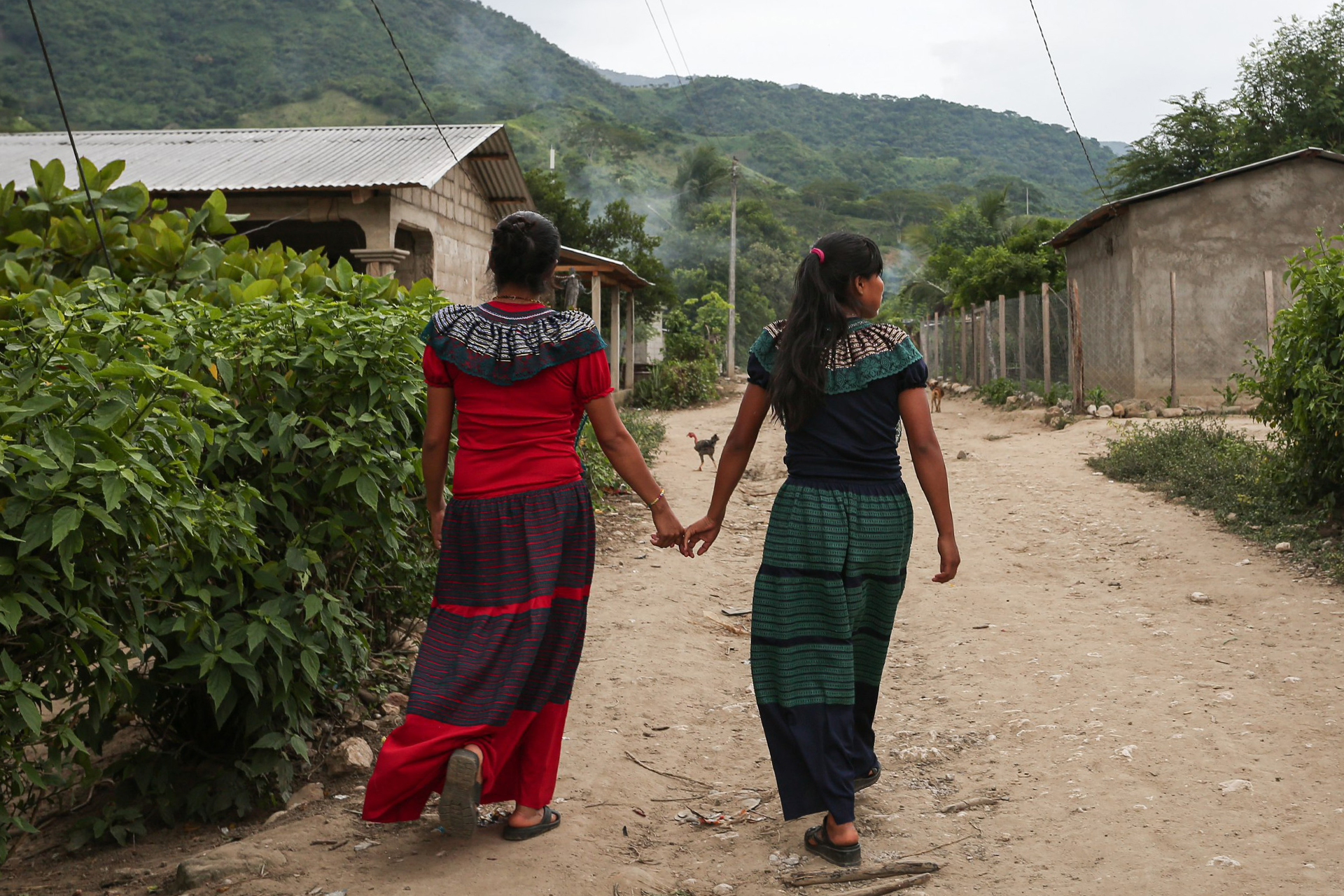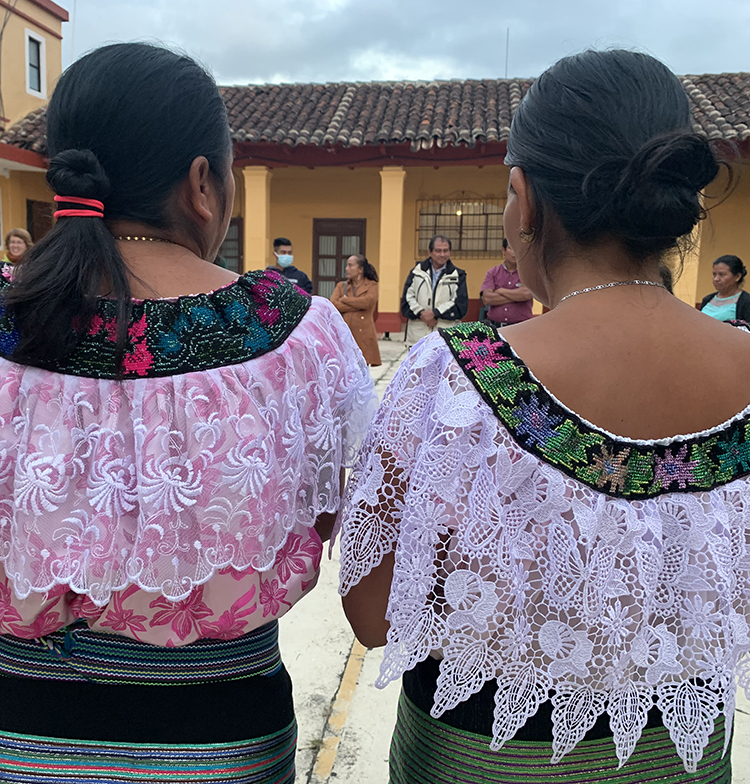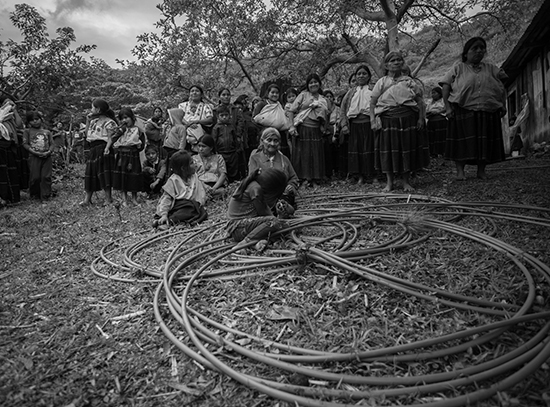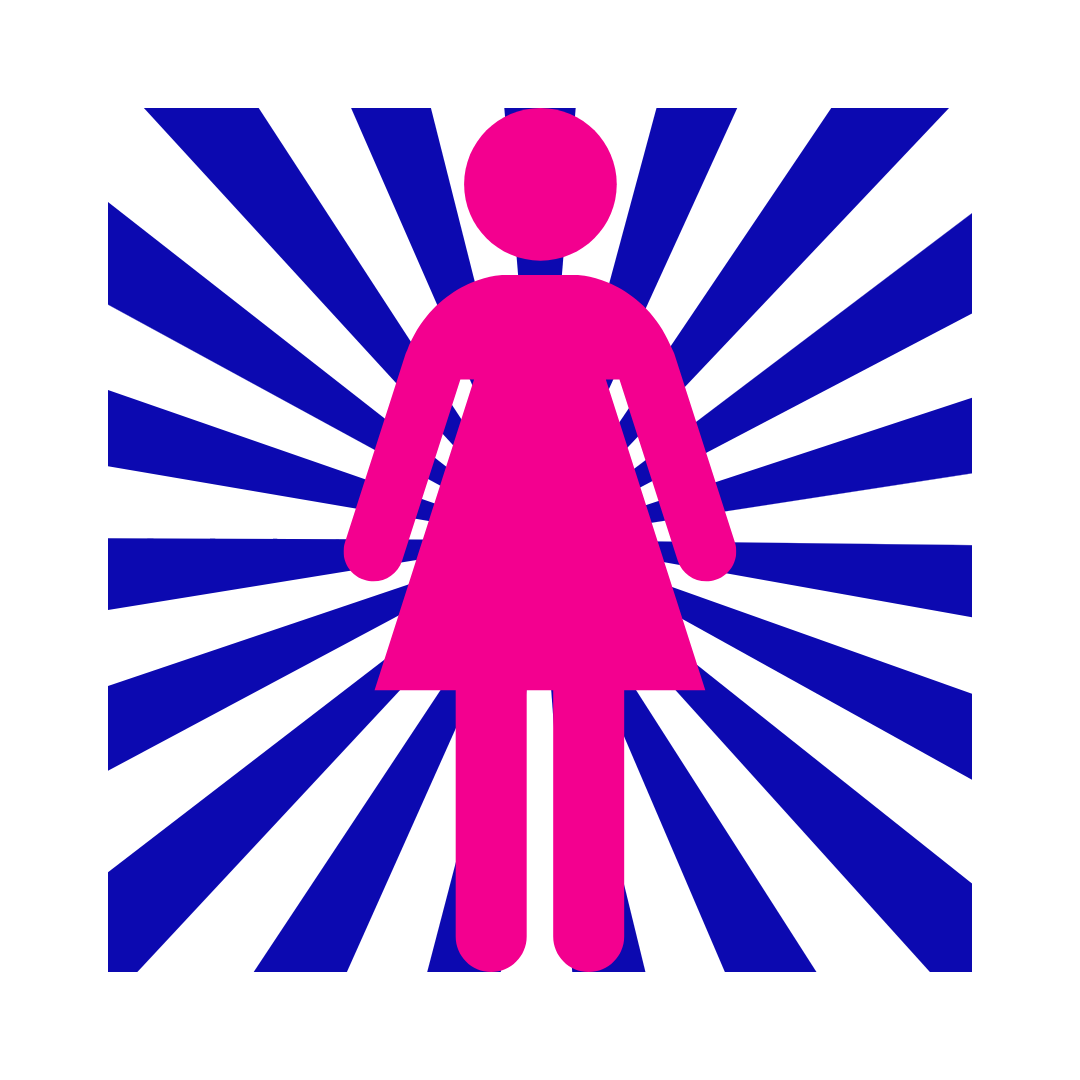
In the communities of Chiapas, as well as in the rest of Mexico, structural violence leaves women in a subordinate role in practically all areas of public and private life, also violating girls’ access to the full exercise of their freedom and autonomy. Indigenous women suffer from the triad of oppression and violence - gender, race and social class.
The Fray Bartolomé de Las Casas Human Rights Center (Frayba) walks alongside and hand in hand with strong women who fight and seek access to justice, autonomy and a life free of violence.
What does Frayba do?
Frayba accompanies and strengthens individuals, families, groups, organizations, communities and peoples who walk the horizon of their autonomy and self-determination.
What do we do with your donation?
When you decide to support us on a monthly basis, you contribute to us continuing to accompany women and their strengthening processes, in addition to carrying out national and international advocacy actions that make visible the violence they suffer in our country and in the communities in Chiapas.

Why do we need to join forces?
Faced with the context of generalized violence - which manifests itself in threats, torture, forced displacement, femicides, etc. - and consequently impunity, the most vulnerable continue to be women, children and adolescents.
The Executive Secretariat of the Public Security System (SESNSP) announced in its report “Violence Against Women, Criminal Incidence and 9-1-1 Emergency Calls” that from January to December 2022 it recorded 2,807 murdered women, This figure a total of 968 Mexican women were victims of feminicide.

In 2019, Mexico ranked first in feminicide out of 24 countries, reaching levels never seen before with more than ten murders of women per day; in 2022 that figure will increase to 11 women.
The women that Frayba accompanies are a fundamental basis for the articulation of cases and processes that seek peace, justice, truth and equality; They also participate in spaces for analysis, reflection and training for decision-making in their groups, organization, communities and towns. In addition to being protectors and providers for their families, they become DEFENDERS OF HUMAN RIGHTS.

